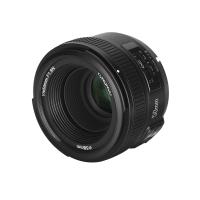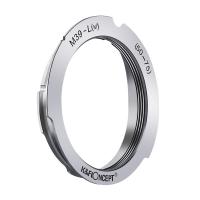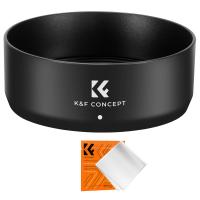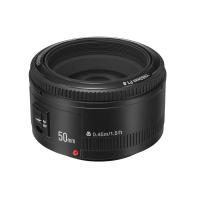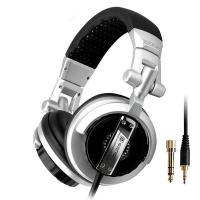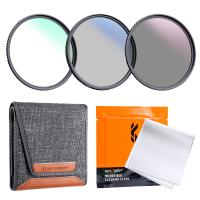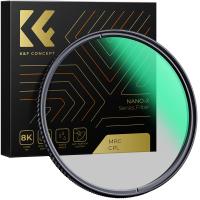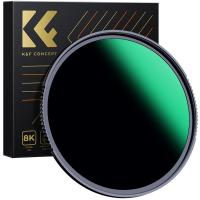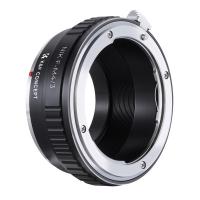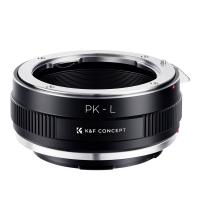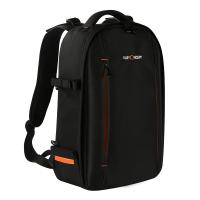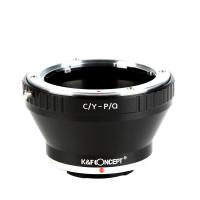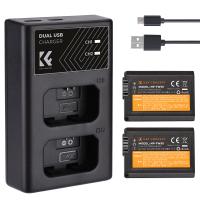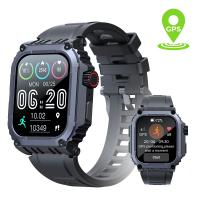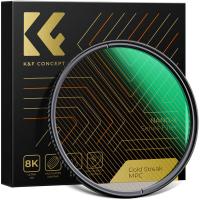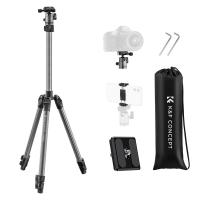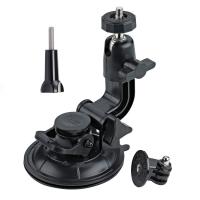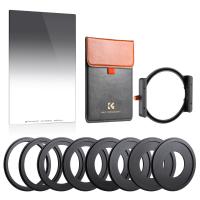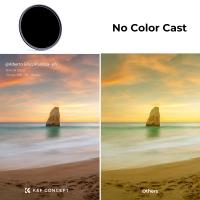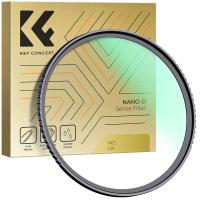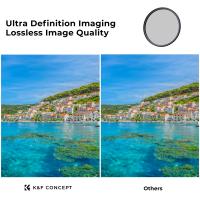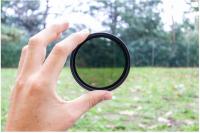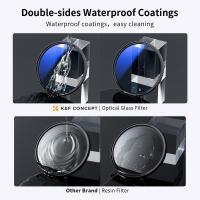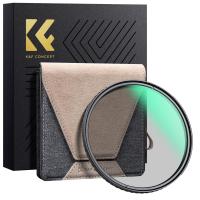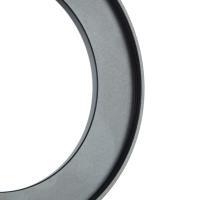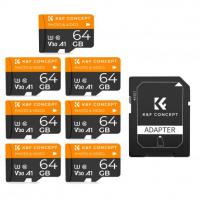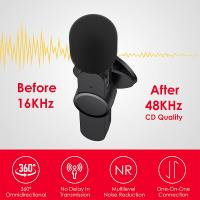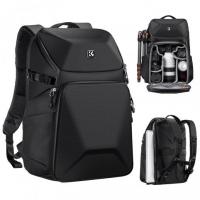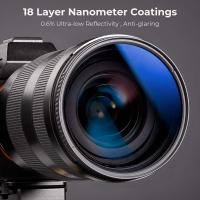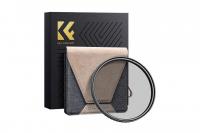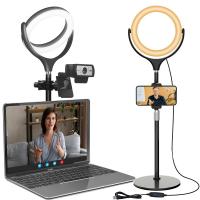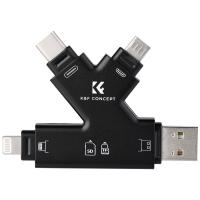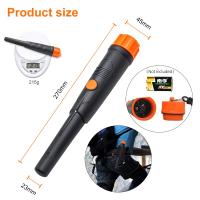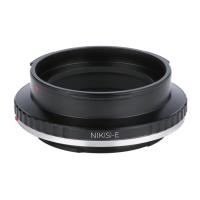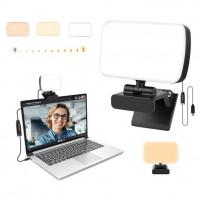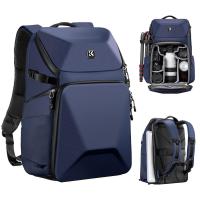What Size Filter For 50mm Lens Nikon?
When it comes to selecting the right filter size for your 50mm Nikon lens, there are several key factors to consider to ensure you get the best results. Understanding these elements is essential for both amateur and professional photographers who want to optimize their gear for various shooting conditions.
Understanding Lens Filters
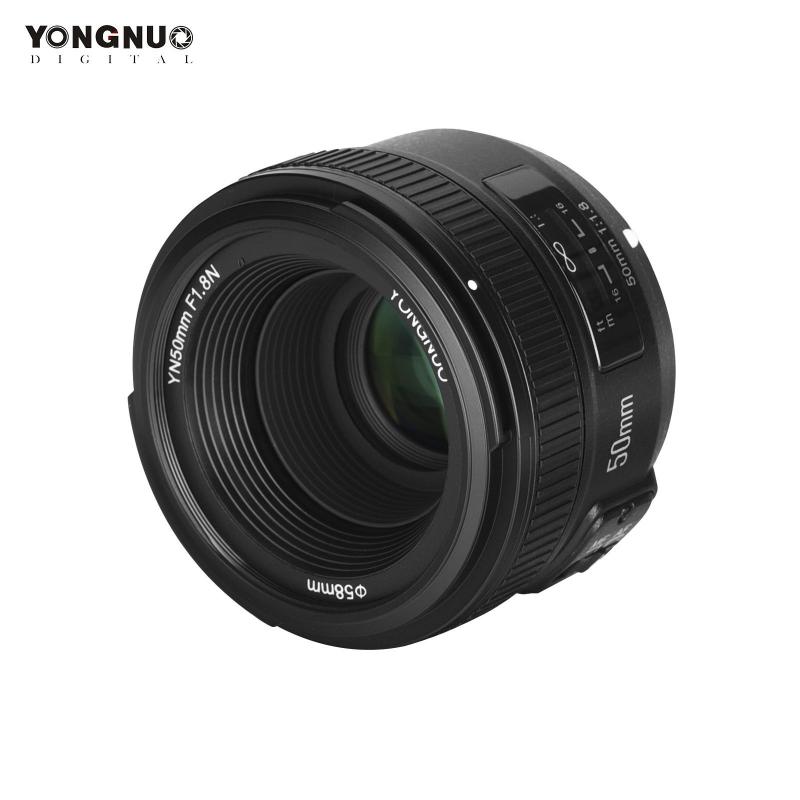
To begin with, lens filters are essential accessories that can significantly enhance your photography. They come in different types and sizes, each serving a unique purpose. The most commonly used filters include UV filters, polarizing filters, and neutral density (ND) filters.
1. UV Filters: These are primarily used to protect the lens from scratches, dust, and moisture. Despite their name, they do not have a significant impact on image quality in modern cameras since digital sensors are not as susceptible to UV light as traditional film was.
2. Polarizing Filters: These filters control reflections and glare from surfaces like water or glass, enhance colors, and increase contrast. They are particularly useful in landscape photography.
3. Neutral Density Filters: ND filters reduce the amount of light entering the lens, allowing photographers to use slower shutter speeds or wider apertures in bright conditions. They are indispensable for long-exposure photography.
Determining Filter Size
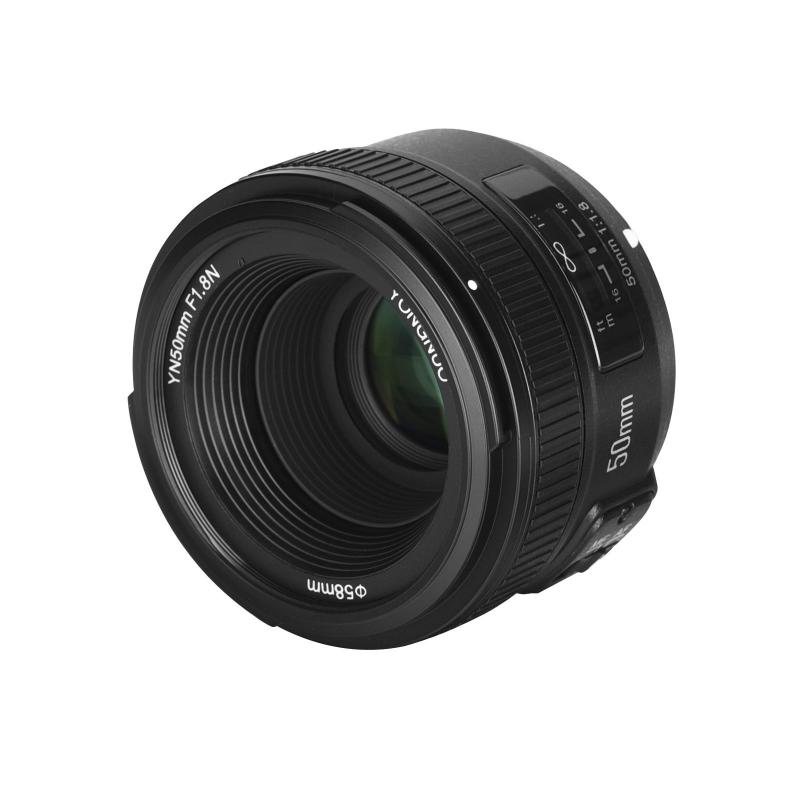
The filter size you need is directly related to the diameter of your lens. For a Nikon 50mm lens, the diameter is usually specified on the lens or in its accompanying documentation. It's also printed on the lens cap or around the lens barrel, often indicated by a diameter symbol (⌀) followed by a number.
For most Nikon 50mm lenses, the standard filter diameter is 52mm. This is true for the popular Nikon AF-S Nikkor 50mm f/1.8G and AF Nikkor 50mm f/1.8D models. However, it is always crucial to check your specific lens to confirm as variations can exist.
Benefits of Using the Right Filter Size
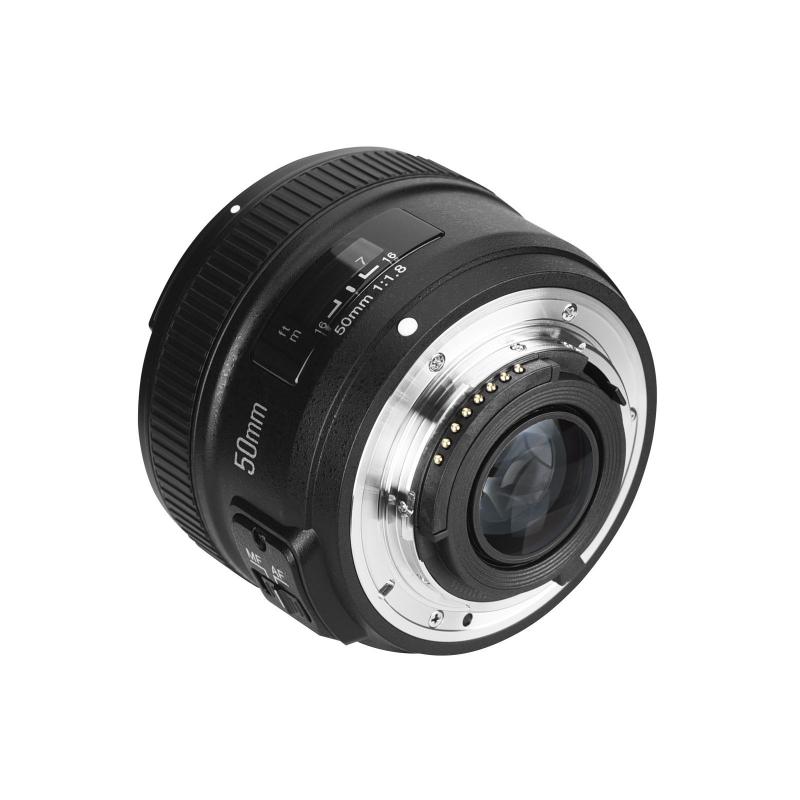
Using the correct filter size for your Nikon 50mm lens offers several benefits:
1. Optimal Performance: A filter that fits perfectly will ensure optimal lens performance without vignetting (darkening of the corners) or reduced image quality.
2. Protection: An appropriately sized UV filter can protect the lens surface from physical damage without affecting the quality of your images.
3. Convenience: Properly sized polarizing or ND filters will screw on easily and stay securely in place while shooting.
4. Aesthetic Benefits: Filters that fit correctly maintain the sleek appearance of your lens setup, making it look professional.
Practical Tips for Buying Filters
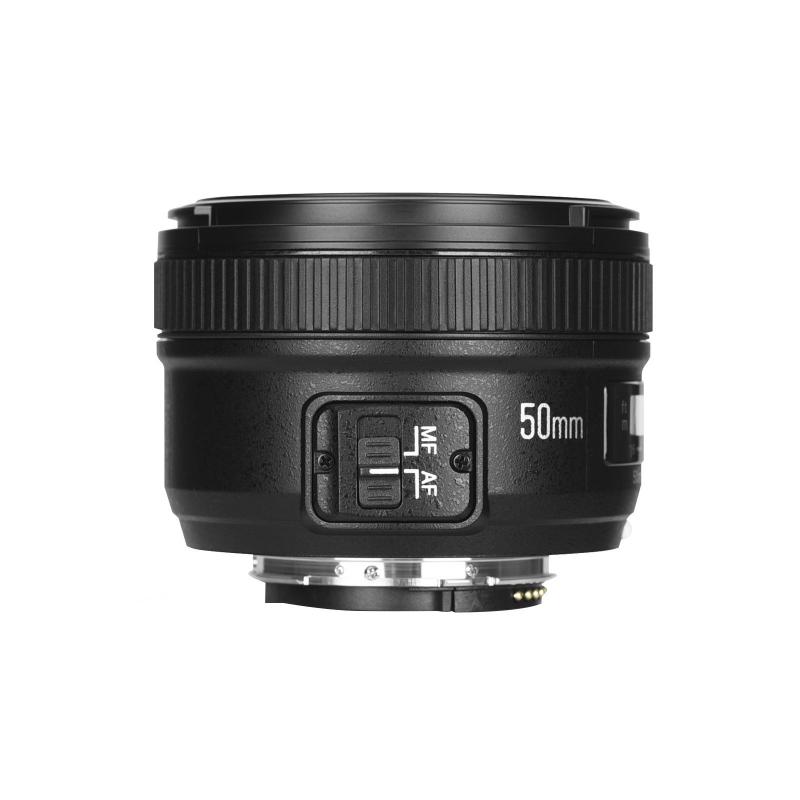
When purchasing a filter for your Nikon 50mm lens, consider the following tips to ensure you make a well-informed decision:
1. Check the Specifications: Always double-check the lens specifications to confirm the filter size before buying.
2. Quality Over Price: Invest in high-quality filters. Cheaper options might save you money initially but can adversely affect image quality.
3. Compatibility: Ensure the filter is compatible not only in terms of size but also build quality and screw thread precision to avoid any damage to your lens.
4. Read Reviews: Look for user reviews and expert recommendations to understand the performance and reliability of the filter.
5. Consider Multi-Coated Filters: Multi-coating on filters reduces reflections and increases light transmission, resulting in better image quality.
Step-by-Step Guide to Using Filters
1. Identify Filter Size: Confirm the filter size (52mm for most 50mm Nikon lenses).
2. Choose the Type of Filter: Determine whether you need a UV, polarizing, or ND filter based on your photographic needs.
3. Purchase a High-Quality Filter: Select a respected brand known for quality optical products.
4. Install the Filter: Carefully screw the filter onto the front of your lens, ensuring it is secure but not overly tight to prevent threading issues.
5. Adjust Settings Accordingly: If using an ND or polarizing filter, adjust your camera settings to compensate for the reduced light entering the lens.
Selecting the correct filter size for your Nikon 50mm lens is straightforward but essential for maximizing your lens's potential. Most Nikon 50mm lenses use a 52mm filter, but confirming with your specific lens model is always advisable. High-quality filters can protect your lens, enhance image quality, and offer creative possibilities for different shooting conditions. Investing in the right filter will empower you to capture stunning images while maintaining the integrity and functionality of your photographic equipment.


